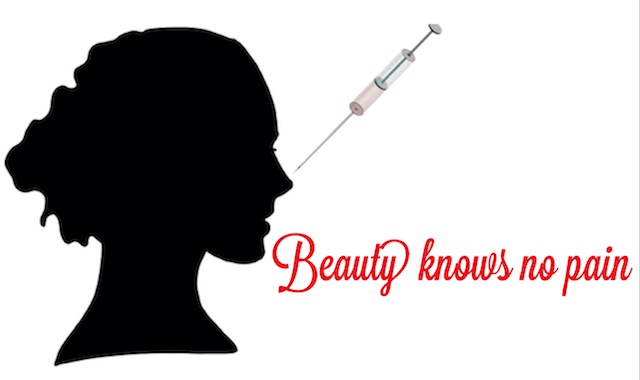By Sarah Zinn
Move over Silicone Valley, plastic surgery’s popularity has erupted in South Korea in the last decade, increasingly in young women. One in five Korean women between the ages of 19 and 49 have had some kind of procedure, according to a survey by Trend Monitor. Some mothers even persuade their daughters to go under the knife because many of them believe it will make them more successful in finding a husband and in their profession.
According to the New York Times, civic groups have spoke out against the commonality of the surgeries, protesting their discriminatory nature against women and the poor. Number 108 on the 2012 Global Gender Gap Report — between the United Arab Emirates and Kuwait — South Korea is in the bottom 30 of countries ranked by gender equality. This may speak to the culture’s emphasis on women’s beauty in success. A surgery that manipulates lips into a perpetual state of “subtly smiling” has gained popularity, largely because women feel they need to look happier at work.
Once shameful operations done in secret, plastic surgery’s increasing popularity has led to a widespread cultural acceptance of the practice. Celebrity groups such as T-ara have readily admitted to having work done, and ads targeting young women are increasingly common. The New York Times reported that 4,000 clinics provide plastic surgery and 1,500 doctors are trained as plastic surgeons, most along Korea’s “beauty belt,” a hub for the surgeries.
Most women lust for wider eyes with double lids and V-shaped chins, a western look achievable through what are considered basic surgeries. However more extreme surgeries, such as the double jaw, surgery has recently gained popularity, despite its dangerous procedure. In 2011 a woman hung herself after her double jaw operation went wrong.
The idealization of the “Western” look rejects the idea that naturally Korean features are beautiful too. This belief has also paved the way for a population of look-alikes among upper class Koreans. The Miss Korea 2013 pageant was mocked for its contestants’ striking similarities in facial appearance.
South Koreans seems to agree that there is a definition of beauty, and it is a Western one that is worth the pain.
ABOUT THE WRITER
 Sarah Zinn is currently a student at Indiana University studying Journalism. She’s a creative, passionate writer with a compulsion for wit. In her free time, she enjoys venturing outdoors, eating ethnic food, painting and on the rare occasion, sleeping. She is very interested in civil rights, the environment, public policy, and the arts. She has a curiosity for most things, excluding only finite math and stressfully dramatic shows such as CSI and 90210. She is a diehard fan of Seinfeld and most girl bands of the indie rock persuasion. The daughter of an expat, Sarah has called the state of Indiana, Athens GR, and London England home within the 19 years of her life. Sarah writes for her university’s newspaper the Indiana Daily Student, and has been published in Indianapolis Monthly Magazine. Follow her on Twitter @sarah_zinn.
Sarah Zinn is currently a student at Indiana University studying Journalism. She’s a creative, passionate writer with a compulsion for wit. In her free time, she enjoys venturing outdoors, eating ethnic food, painting and on the rare occasion, sleeping. She is very interested in civil rights, the environment, public policy, and the arts. She has a curiosity for most things, excluding only finite math and stressfully dramatic shows such as CSI and 90210. She is a diehard fan of Seinfeld and most girl bands of the indie rock persuasion. The daughter of an expat, Sarah has called the state of Indiana, Athens GR, and London England home within the 19 years of her life. Sarah writes for her university’s newspaper the Indiana Daily Student, and has been published in Indianapolis Monthly Magazine. Follow her on Twitter @sarah_zinn.




